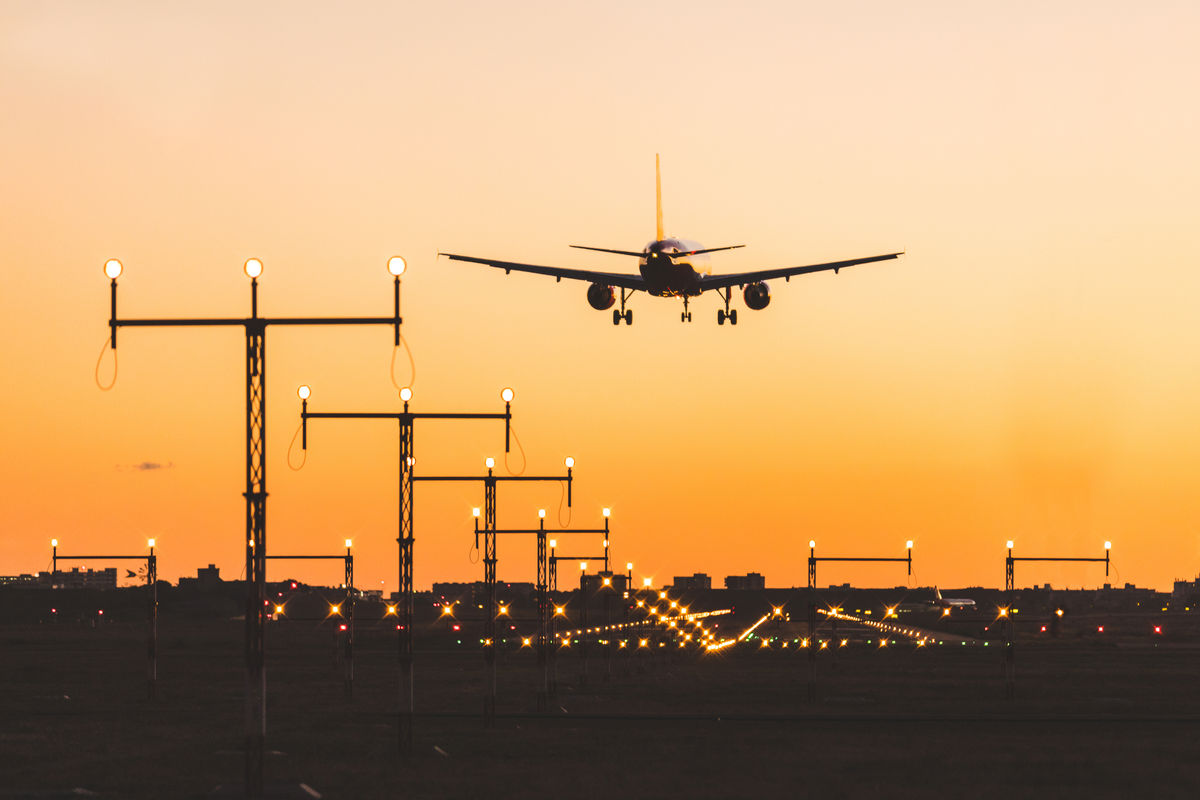


Soaring temperatures in much of the
country – it was 124 degrees one day in Palm Springs last week – has called
into question whether the heat index affects an airplane.
Nearly 50 percent of Americans are under heat alerts this week.
The extreme heat this week might make it too hot for an airplane.
Some airlines have been known to cancel
flights on a day when temperatures are exceedingly hot because of a phenomenon
known as density altitude that can affect a plane’s performance. Basically, the
hotter air makes it more difficult for a plane to attain lift. And it also
needs more space to take off.
It can also create more pressure on
aircraft tires, which, as we have seen in recent weeks, can be an issue as some
tires have fallen off after takeoff or exploded on the runway.
Airlines have also been known to adjust
their schedules because of the heat and payload.
“While we can’t control the weather –
which is the number one reason for delays – we plan for and work around
convective conditions,” FAA Administrator Mike Whitaker said
in a statement. “To improve safety and enhance efficient operations on the
runway, we are installing innovative new surface surveillance technologies at
airports around the nation.”
And an airplane doesn’t necessarily have
to be in the air to be affected. The heat can also play havoc with turnaround
schedules. Crews on the ground, such as maintenance workers or those loading
provisions, might need more frequent breaks which could impact schedules.
Summer might be the most in-demand season,
but it also has a propensity for wild weather.
The FAA says that 63 percent of all air
travel delays are caused by weather.
“The FAA’s job is to get travelers to
their destination safely and efficiently. This summer will see more planes
in the skies, frequent bad weather, and increased use of the nation’s airspace.
We are continuously working to address these challenges,” a statement from the
agency said.
“When air is hot, it becomes less dense
due to air molecules spreading out,” Bob Thomas, assistant professor of
Aeronautical Science at Embry‑Riddle’s Daytona Beach Campus said in a post on
the school’s website. “Hot air is thin air. While this reduces the lift on
which planes rely for takeoff, the main impact is felt on engine thrust.
Aircraft engines will produce less thrust during takeoff and ascent as a result.”
And if
the record heat continues, it could cause further problems.
For the latest travel news, updates and deals, subscribe to the daily TravelPulse newsletter.